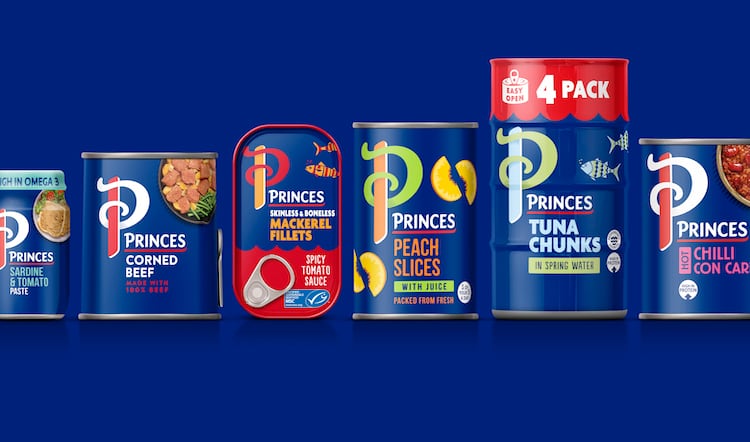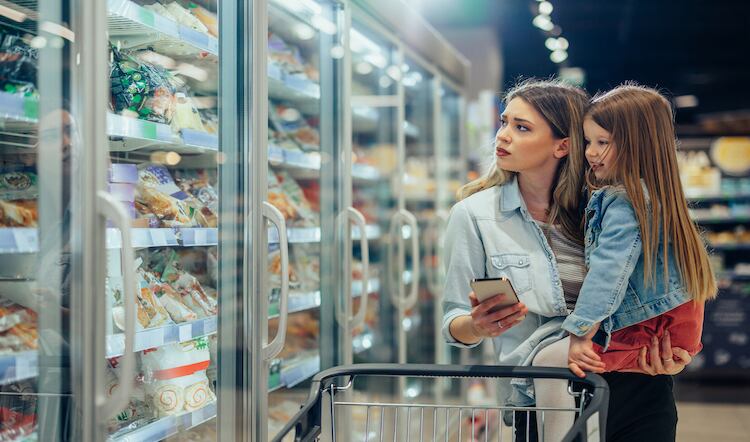According to recent Kantar data, growth in canned goods has been outpacing the rest of the grocery market since February this year. UK sales volumes of goods including canned soup (up by 19.7%) and tomatoes (up by 8%) are at their highest comparative levels since 2018. (Kantar grocery data to 10 July 2022).
A recent survey conducted by food and drink group, Princes, in partnership with innovation consultancy, KICR, of over 1,000 UK consumers, aged 18 – 56 in September 2022 revealed that almost a third (31%) of British consumers intend to buy more canned products over the next year.
Lower costs
Consumers said they were likely to buy more canned goods due to lower costs and longer shelf lives, citing the ability to keep products in the cupboard (64%), value for money (53%) and minimising food waste (46%) as key purchase drivers.
The news follows research from Which last week that found consumers are changing their eating habits by skipping meals and moving to frozen products in the wake of rising inflation.
Meanwhile, the Princes research found that 20% of UK consumers said they expect to buy less chilled foods over the coming year.
To save money during the cost-of-living crisis, respondents said they are most likely to buy more dry pasta (46%), rice (41%), canned beans (40%) and canned tomatoes (35%).
Batch cooking
Over a third (34%) expect to add more vegetables or pulses to meals to make them go further and 33% plan to do more batch cooking, while 41% also highlighted that canned goods are great for making meals from scratch.
“While canned and other ambient food is a cupboard staple across the country, it is still something of a best kept secret to many people. The affordability of canned food doesn’t mean inferior ingredients – quite the opposite. The canning process seals quality ingredients, quickly transported from the source, in optimum conditions to maintain freshness and taste,” said Ruth Simpson, group strategy & planning director at Princes.
Princes said it has seen an increase in retail purchases across a number of categories, with standout products including Princes tuna chunks (up by 29% year-on-year) and drained tuna steak (up by 35% in the past quarter), the brand’s stewed steak in gravy ready meal (up by 56% year-on-year) and Princes corned beef (up by 6% in the past quarter).
Other stats from Princes research:
- 38% of consumers believe their weekly shop has increased by £10-20, while 22% have highlighted an increase of roughly £20-30 per week
- As a result of the increase in cost-of-living, 39% of consumers are likely to cook at home more and use up leftovers, while eating out of the home is expected to reduce by 12% of respondents
- 45% of consumers expect to switch from branded to supermarket own label products, while 43% will switch to a cheaper brand
- 37% also expect to move from standard own label to “everyday” own brand ranges while 33% are likely to shift from premium own label to standard tiers
- Around a third (31%) of consumers believe they will purchase more canned goods over the coming year, while 20% expect to buy less chilled
- 43% of British consumers also believe that canned or similarly packaged grocery products cost the least to cook




